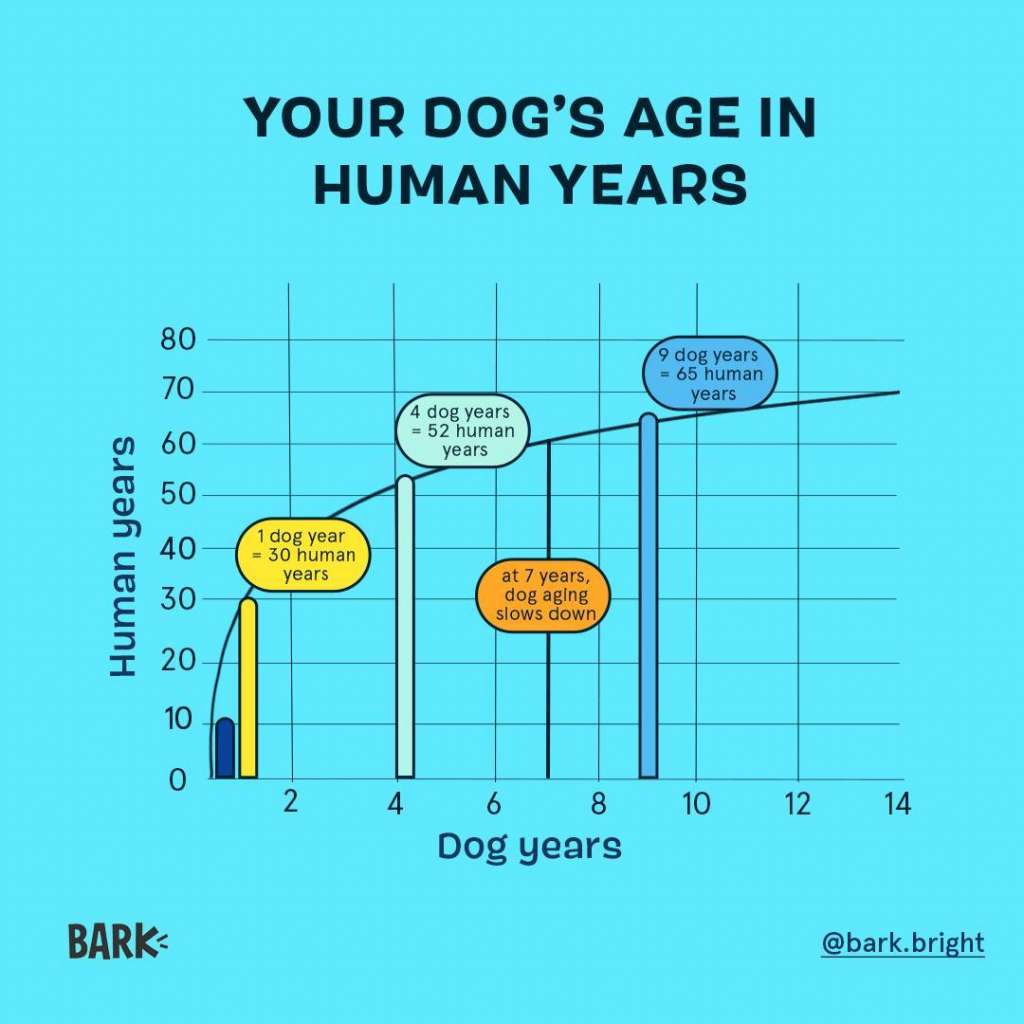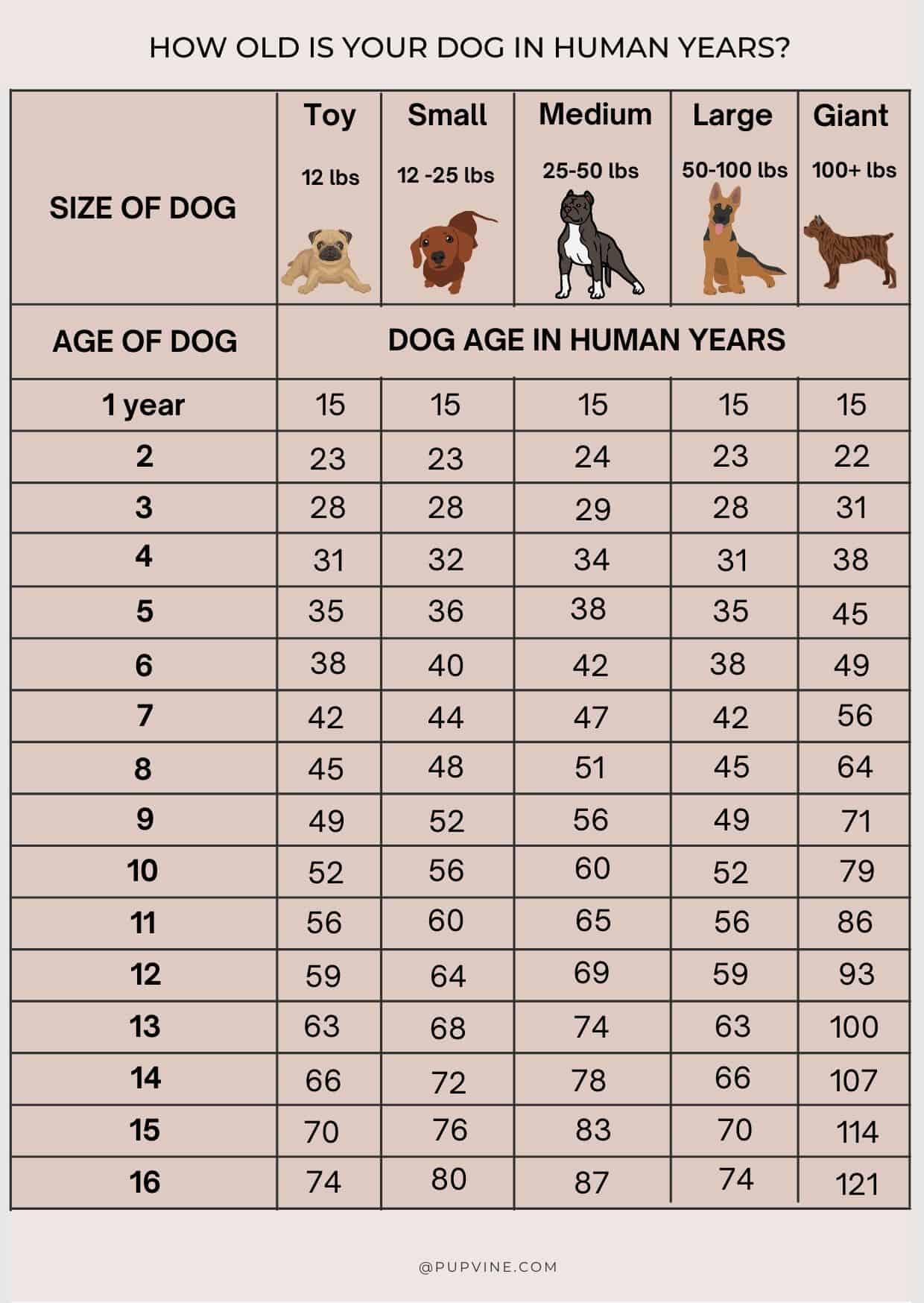Have you ever wondered how old that vampire from your favorite book or movie really is in human years? Well, buckle up because we're diving deep into the world of vampire ages! Whether you're a fan of Twilight, Interview with the Vampire, or any other vampire lore, understanding vampire age in human years is about to get a whole lot clearer. So, let’s get started and unravel the mysteries of immortality!
Let’s face it – vampires are more than just blood-sucking creatures in the dark. They represent mystery, power, and an endless journey through time. But when we talk about vampire age, how do we even begin to compare their centuries-old existence to our measly human lifespan? This question has puzzled fans and scholars alike for decades.
Throughout history, vampires have been depicted as beings who live forever, untouched by time. But what does "forever" even mean? Does it mean 100 years? 500 years? Or even longer? Today, we’re here to break it down and give you the inside scoop on vampire age in human years. So grab your stake (just in case) and let’s dive into the world of the undead!
Read also:Vegamovies 20 2024 The Ultimate Guide To Your Favorite Movie Streaming Destination
What is Vampire Age in Human Years?
When we talk about vampire age in human years, we’re essentially trying to bridge the gap between mortal life and immortal existence. Vampires, as we know them, don’t age like humans. They’re frozen in time, stuck at the physical age they were when they were turned. But how do we measure their true age? Let’s explore!
First things first – vampires don’t have birthdays. Imagine not having to buy a birthday cake every year! But seriously, their age is calculated based on how long they’ve been undead. So, if a vampire was turned at 25 and has been walking the Earth for 300 years, they’re technically 325 years old. Pretty wild, right?
How Do Vampires Age?
Vampires don’t age physically, but that doesn’t mean they don’t change. Over time, they gain wisdom, experience, and sometimes even power. Think of it like this – while humans grow old and eventually pass away, vampires grow wiser and more skilled. It’s like having the best of both worlds!
- Vampires are frozen at the age they were turned.
- They don’t experience physical aging or deterioration.
- However, their mental and emotional growth continues over time.
Why is Vampire Age Important?
Understanding vampire age in human years is crucial for anyone who wants to delve deeper into vampire lore. It’s not just about knowing how old a vampire is; it’s about understanding their perspective on life, death, and everything in between.
Vampires who have lived for centuries have seen the rise and fall of civilizations. They’ve witnessed historical events that humans only read about in textbooks. This gives them a unique perspective on the world that no human can truly comprehend.
Historical Context of Vampire Ages
Throughout history, vampires have been depicted in various cultures and mythologies. From ancient Mesopotamia to modern-day Hollywood, vampires have always fascinated us. But how old are these creatures really? Let’s take a look at some examples:
Read also:Hannah Owo Nude Leaks Separating Fact From Fiction
- Dracula – Estimated to be over 400 years old.
- Lestat from Interview with the Vampire – Around 200 years old.
- Eternal beings from mythology – Some are believed to be thousands of years old!
Comparing Vampire Age to Human Lifespan
Now that we know how vampires age, let’s compare their lifespan to ours. The average human lifespan is around 79 years, give or take a few. Vampires, on the other hand, can live for centuries, if not longer. This creates a fascinating contrast between the two species.
Imagine living for 500 years. You’d see the world change in ways you could never have imagined. You’d witness technological advancements, cultural shifts, and even the extinction of certain species. It’s a lot to take in, and vampires have been doing it for centuries!
Longevity and Immortality
While vampires don’t age physically, they’re not entirely immune to death. They can still be killed by stakes, fire, sunlight, and other methods. This means that their immortality isn’t absolute, but it’s still pretty impressive compared to the average human lifespan.
So, how do we measure vampire age in human years? It’s all about context. A vampire who has lived for 500 years has seen more than most humans could ever dream of. But at the same time, they’re still stuck in the body of a 25-year-old. It’s a fascinating paradox!
Popular Vampire Lore and Their Ages
Let’s take a closer look at some of the most famous vampires and their ages. From classic literature to modern pop culture, vampires have been a staple in storytelling for centuries.
Here are a few examples:
- Dracula – Estimated to be over 400 years old.
- Eclipse – The Cullens are relatively young by vampire standards, with Edward being around 115 years old.
- Interview with the Vampire – Lestat is around 200 years old, while Louis is slightly younger.
Modern Interpretations of Vampire Ages
With the rise of modern media, vampires have taken on new forms and interpretations. Shows like "The Vampire Diaries" and "True Blood" have reimagined vampire lore for a new generation. But one thing remains constant – the fascination with vampire age in human years.
These modern interpretations often explore the emotional and psychological effects of living for centuries. How does it feel to outlive everyone you love? How do you cope with the weight of history? These questions add depth to the vampire narrative and make it even more relatable to human audiences.
The Science Behind Vampire Aging
While vampires are fictional, there’s still a lot we can learn from them. Scientists have studied the concept of aging and immortality, and some of their findings are pretty fascinating.
For example, some researchers believe that certain genetic mutations could potentially extend human lifespan. While we’re not talking about vampires here, the idea of living longer is definitely intriguing. Who knows? Maybe one day we’ll all be able to live like vampires!
Genetic Research and Longevity
Genetic research is making strides in understanding how and why we age. By studying the DNA of long-lived individuals, scientists hope to unlock the secrets of longevity. While we may never achieve true immortality, understanding the aging process could lead to breakthroughs in healthcare and medicine.
So, while vampires may not be real, the science behind aging is very much a reality. And who knows? Maybe one day we’ll all be able to live for centuries, just like our favorite fictional vampires!
Cultural Impact of Vampire Lore
Vampire lore has had a significant impact on culture and society. From literature to film, vampires have captured our imagination for centuries. But why are we so fascinated by these creatures of the night?
One reason is the allure of immortality. Who wouldn’t want to live forever? Another reason is the mystery surrounding vampires. They’re powerful, enigmatic, and often portrayed as tragic figures. This combination of traits makes them irresistible to audiences around the world.
Vampires in Popular Culture
Here are a few examples of how vampires have influenced popular culture:
- Twilight – A modern take on vampire romance.
- Interview with the Vampire – A classic exploration of vampire life and death.
- The Vampire Diaries – A modern twist on vampire lore with a focus on love and relationships.
Conclusion: Vampire Age in Human Years
So, there you have it – everything you need to know about vampire age in human years. Whether you’re a fan of classic literature or modern pop culture, vampires continue to captivate our imaginations. Their ability to live for centuries, while remaining physically unchanged, is both fascinating and mysterious.
As we’ve explored, understanding vampire age in human years is about more than just numbers. It’s about understanding the history, culture, and science behind these mythical creatures. And who knows? Maybe one day we’ll all be able to live like vampires!
Until then, keep exploring the world of vampire lore and let your imagination run wild. And don’t forget to share this article with your friends and family – after all, knowledge is power!
Table of Contents
- What is Vampire Age in Human Years?
- How Do Vampires Age?
- Why is Vampire Age Important?
- Comparing Vampire Age to Human Lifespan
- Popular Vampire Lore and Their Ages
- The Science Behind Vampire Aging
- Cultural Impact of Vampire Lore
- Conclusion: Vampire Age in Human Years



